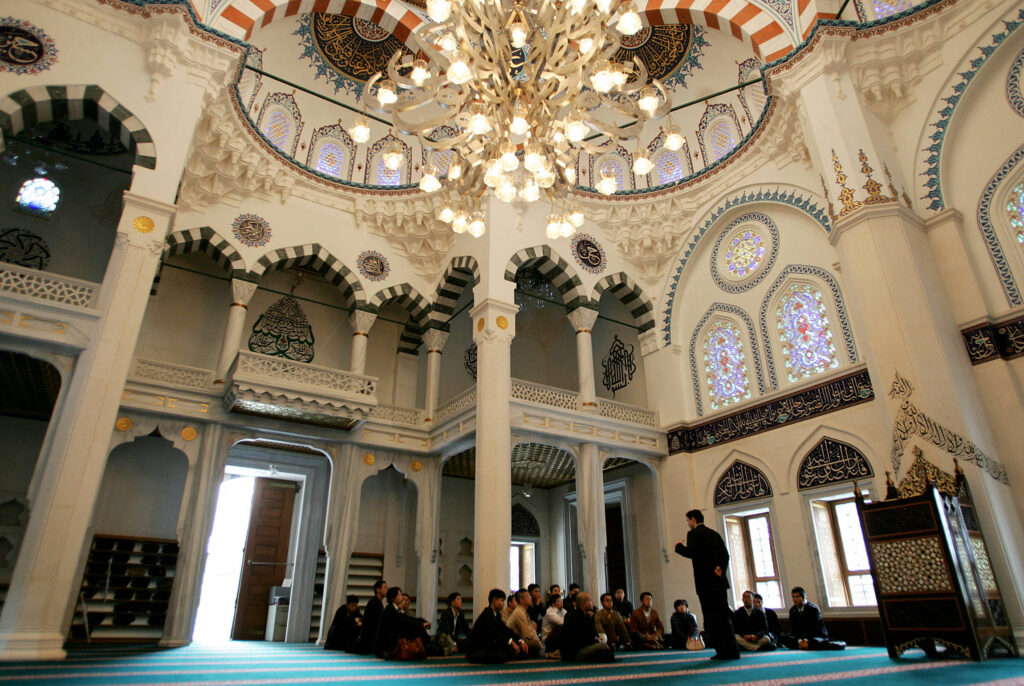
- ARAB NEWS
- 04 May 2024

DUBAI: Despite the small Muslim population in Japan, the Muslim community there has had positive experiences during Ramadan due to the general understanding and acceptance of Japanese people.
Since the beginning of March, Muslims have been fasting, praying, and engaging in religious activities, as Ramadan is considered the most holy month of the year.
Nur Arisa Maryam, a Japanese revert living in Tokyo, noticed that Japanese people would worry constantly about her health while fasting.
“Japanese people are very considerate of others, so even if we say we’re fine, they always ask us several times, ‘Are you sure it’s okay for us to eat and drink next to you? Is it bothering you?’” Maryam told Arab News Japan.
Currently working part-time as an Islamic teacher, Maryam started learning about Islam when her Malaysian friends invited her to visit a mosque in Tokyo.
“I would shed tears every day, hoping to revert before I die…I read the Qur’an for the first time ever in my room and was so moved that I cried. I felt as if Allah Subhanahu wa ta’ala (SWT) understood my heart, my life, and everything,” she said.
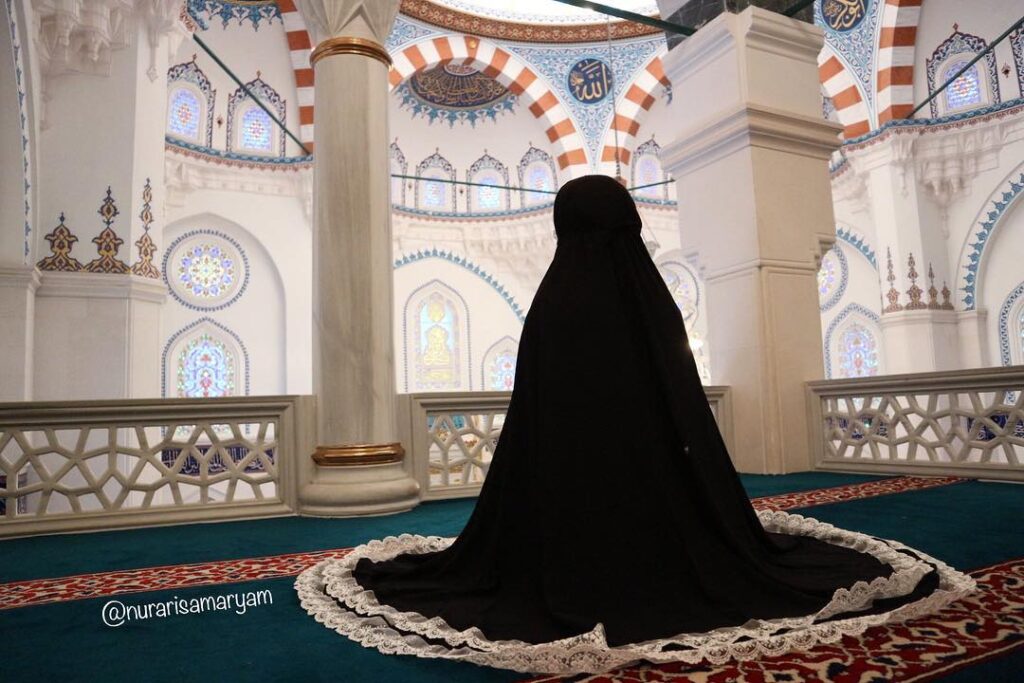
The Japanese student tried fasting two years before reverting. “At the time, I couldn’t even do it for a day. I wondered how Muslims were doing this,” she told Arab News Japan. “But after my reversion, I was able to fast for a month easily. The key to success in fasting was iman (faith.)”
After reverting, Maryam’s entire family accepted her except her mother, who stopped talking to her and banned her from wearing the hijab or fasting.
“I had the hardship of eating suhoor secretly in the middle of the night without turning on the lights so as not to make any noise,” she shared.
However, it was because of Ramadan that Maryam’s mother accepted her and allowed her to wear the hijab freely.
“The day she officially allowed me to wear the hijab was the day I invited her to iftar at a mosque in Ramadan, and she finally came after a series of refusals. She was initially reluctant to go, but she eventually visited the mosque with me,” Maryam said.
“She started talking with (Muslims in the mosque) about Islam. On the way back, she allowed me to wear the hijab in front of her. She said that her image of the hijab changed. It was a memorable day for me where two important things happened,” she added.
Maryam told Arab News Japan that she also experienced some challenges during Ramadan, like the lack of halal food and prayer rooms. “I kept trying to keep myself out of un-Islamic situations as much as possible and kept doing the du’ā (a prayer where Muslims ask god for help or guidance.) At times, I have had to stop working or avoid many things in my life for the sake of Allah SWT.”
@thejapanesemuslimah Visiting my favourite mosque – Tokyo Camii 🕌 #Tokyo #Japan #Masjid #Mosque #Japanese #JapaneseMuslim #JapaneseMuslimah #Islam #Muslim #Muslimah #Revert #日本人ムスリム #イスラム #ムスリム #モスク #東京ジャーミイ
♬ سبحان الله – Ali Dawud
Additionally, Zunita Ramli, a Malaysian business owner who has been living in Japan since 2016, and Nazaya Zulaikha, an Indonesian woman who has been in Japan since 2015, have experienced nothing but kindness from Japanese people throughout the holy month.
“Spending Ramadan in Japan means I am thankful for the things that I have and embrace the things that I do not have,” said Ramli, who currently lives in Niigata.
“I believe the spirit of Ramadan is the same wherever you are, whether you are in a Muslim-majority country or a Muslim-minority country, so I embrace it,” she added.
Zulaikha, who is residing in Saitama Prefecture alongside her Japanese husband, echoed her statement, saying, “Observing Ramadan in Japan has taught me some valuable lessons. First, I’ve learned that my faith is a personal matter between me and God. It doesn’t depend on what others are doing or saying. In Japan, most of us have had to practice the religion on our own, without the community support we had back home.”
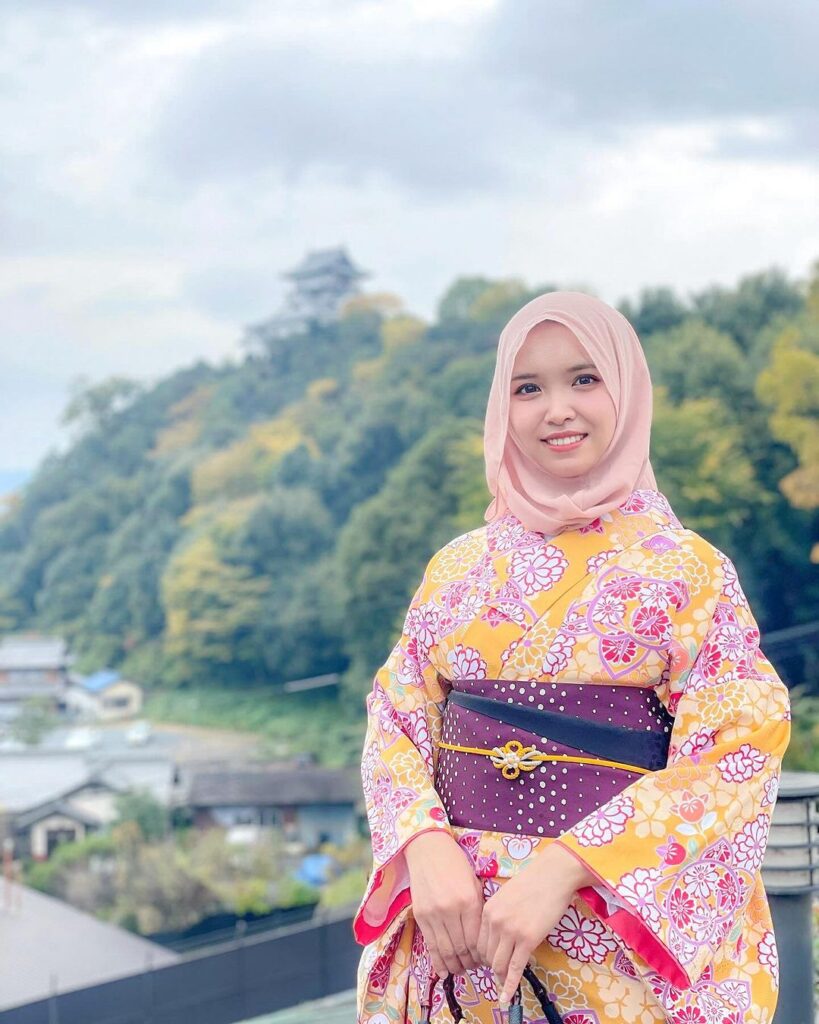
“Living in a Muslim minority country like Japan has also opened my eyes to the flexibility required in religious practice. It is crucial to interpret and apply religious rules in a way that suits our specific circumstances without compromising the essence of the faith. This has been a peaceful journey of adapting and understanding, which might differ from the experience in a Muslim-majority country but is nonetheless fulfilling and profound,” she added.
Similar to Maryam, the two expats also experienced major concerns from their Japanese friends while fasting. Ramli shared that her friends were so worried about her that they started asking if she would die if she had no food.
Their concern for her led them to send her home-cooked dishes that she can eat for iftar, further reflecting the kindness and generosity of Japanese people. “I was surprised by how much they care about my fasting,” Ramli told Arab News Japan.
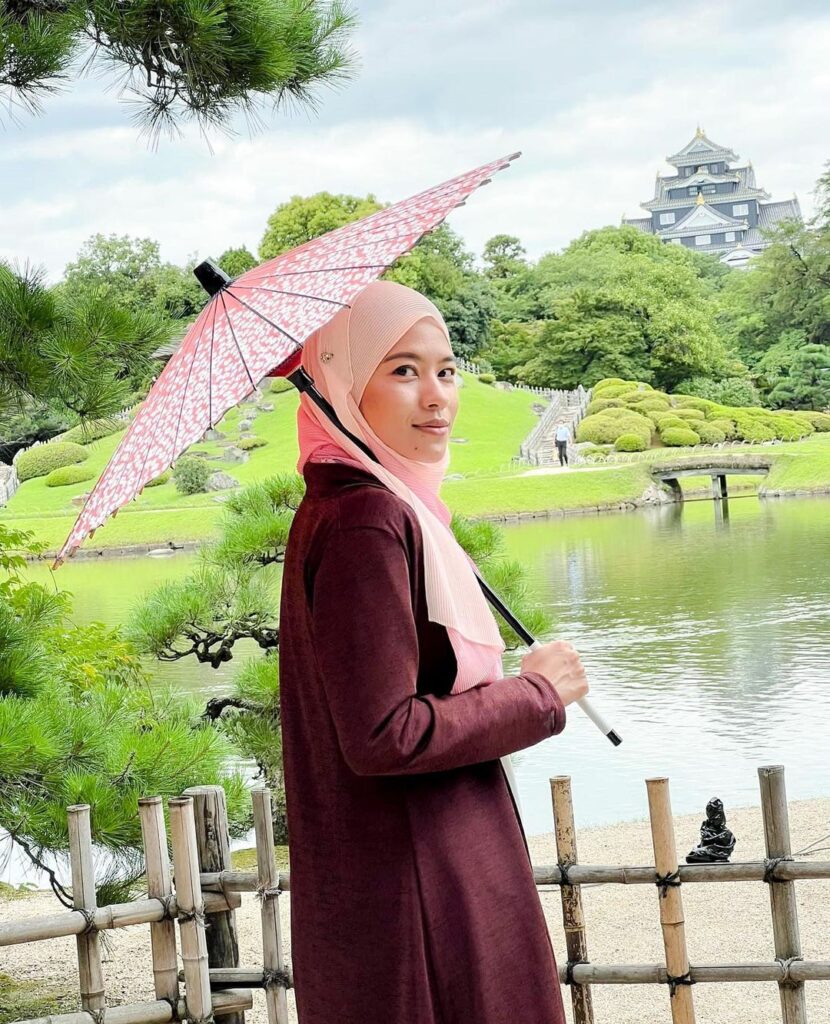
For Zulaikha, her boss decided to reward her with a day off during Eid al-Fitr, the holiday that comes after Ramadan, as a token of kindness, which deeply resonated with her as it was her first Ramadan in Japan.
“Returning home earlier than expected, I seized the opportunity to video-call my family in Indonesia. They were all together, immersed in the festivities of the day. It was my very first Eid reunion conducted online,” she said.
Moreover, the biggest difference Zulaikha and Ramli observed while experiencing Ramadan abroad was the contrast in the festive atmosphere. In Muslim-majority countries, streets and houses are often heavily decorated and people prepare for multiple family gatherings. Therefore, the Muslim community is always hosting iftar and tarawih to strengthen the bond between each other.
“Japan has offered a sense of community that feels like a new family. Attending mosque events or joining iftar gatherings for Indonesians here has been a wonderful way to connect with others who share similar experiences and sentiments during Ramadan,” Zulaikha said.
On the other hand, one of the advantages of Ramadan in Japan that Ramli highlighted is the lack of distractions while fasting. “I believe that (fewer distractions) is a good thing because it allows you to focus on your acts of worship,” she told Arab News Japan.
“In Malaysia, for example, we are often busy with food festivals and preparations for Eid. So, I think spending Ramadan in Japan can be more self-fulfilling for me,” she added.
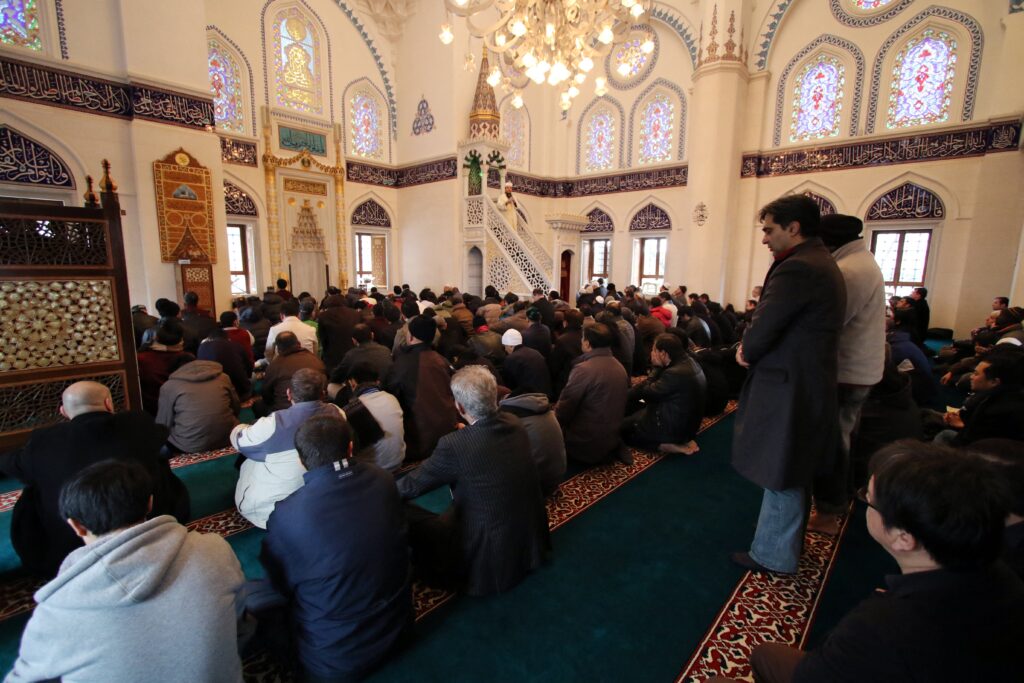
Furthermore, Zulaikha believes that authentic Japanese food is a good option for iftar and suhoor. “Instead of the heavier meals and fried foods I would usually have during Ramadan in Indonesia, I’m having lighter options like porridge or soup for suhoor and indulging in Japanese sweets like mochi for iftar.”
“This adaptation to Japanese food culture has added a distinct and delightful twist to my Ramadan observance,” she shared.
Maryam, Ramli, and Zulaikha recommend that those who are fasting for the first time take it at their own pace and understand the motivation behind fasting. “The first step is the most difficult of all,” said Maryam. “Allah SWT will make the difficulty that is on your mind easy with that one step of courage.”
The three women are currently sharing content on their social media platforms to document their journeys as Muslims in Japan. Their Instagram accounts are @thejapanesemuslimah, @zunita.ramli, and @nazayazulaikha.
Read more: Exploring the rich history of Islam in Japan